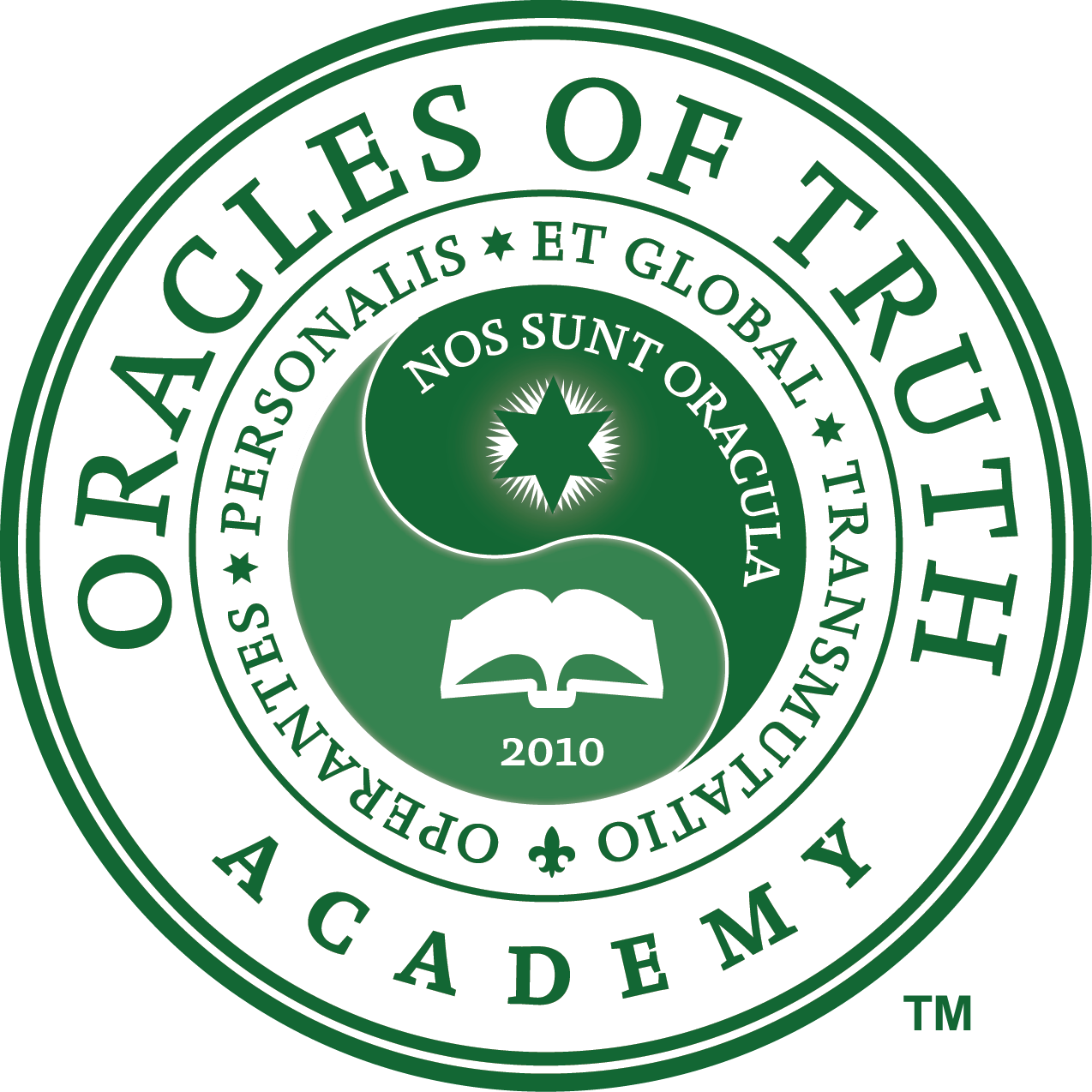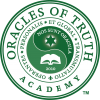Our Educational Philosophy
OT Academy’s associate degrees set high standards for academic achievement, personal leadership development, and human capability and performance, allowing graduates to transfer to colleges of their choice or obtain gainful employment – and succeed. Our curriculum allows students to develop and practice industry skills and strategies that build from eCourse to eCourse while receiving practical, real-world projects and work experiences that moves them from novice to expert through our accelerated academic degree programs. We strive to set high academic expectations and standards while operating at the level where each student is prepared to learn and succeed at his or her own pace through our curriculum framework, which includes:
- Research based academic programs that allow us to perfect the teaching and learning process
- Integrated performance assessment that builds competencies and skills through continuous measurement and data collection
- Real-world practice based experiences and projects
- Practical hands-on internship projects at the end of each program
Our Learning Approach
Every curricula program has a series of eCourses that allow students to acquire professional competency and expertise through knowledge acquisition, practice, performance assessment, and knowledge transfer to the workplace.
eCourse
Every eCourse has four learning components and five evaluation measurement checkpoints. The learning sequence is structured to allow students to progress from novice to expert. Each assessment and performance evaluation must be completed prior to completing each learning component. To receive course credit students must complete all learning components, assessments, and evaluations in the learning sequence and earn a minimum 85% grade point average in each eCourse. After completion of all eCourses in the program, students must complete a final Program Internship before graduation.

The pre-test exam is a measure of a student’s current subject matter knowledge prior to completing any eCourse learning component. The score earned serves as a baseline measure of each student’s competency level. Every student must complete the pre-test before he or she can take the eModule.
An eModule combines text, graphics, audio, video, and interactive visual media presentation to provide an enriching learning experience for every type of learner. Students may spend as much time as needed reading, listening, watching, interacting, engaging, collaborating, sharing, and experiencing the entire eModule during the first week. It can contain approximately eight (8) to sixteen (16) hours of instructional new media content. Students can anticipate spending approximately two (2) consecutive days in front of their computer or one (1) week in between days. This time may vary from student to student. If students pause or break for any reason, they can continue where they left off. More breaks mean more time spent in front of the computer at different times throughout the day or between days. A typical day is measured to be 8-hours of classroom instruction.
The post-test exam is a measure of a student’s subject matter knowledge after completion of the eModule. The score earned serves as a final measure if each student’s competency level. The data collected from the pre-test and post-test measurements provides insight and guidance as students’ progress through a program. Students must complete the post-test before moving forward with the webinar.
The webinar sessions give students hands-on practice in the application of principles, theories, and concepts learned in the eModule. Students may be required to work on individual and team assignments. The instructor will facilitate group interactions and exercises, while providing mentoring and coaching to support individual team assignments. A webinar may consist of five or seven telecast sessions.
Community participation is integral to our discovery-based learning approach. In the learning community, students and faculty interact and exchange ideas to help stimulate personal growth and development. The intent of this learning component is to engage and challenge student thinking. Positive and thought provoking questions drive online group and individual discussions. Students must actively participate and engage in stimulating dialogue.
The purpose of the eCourse Project is to provide a situated learning scenario to measure student’s ability to apply and competently use acquired knowledge, given a situated and structured real-world project. There are three types of eCourse projects that students may be required to complete given the context and purpose of the situated scenario. These include: social mixer, individual project, group project.
- Social Mixer – The Social Mixer allows students an opportunity to practice living and performing the principles and techniques learned while engaged in an interactive social experience. During the social learning experience, students are presented with several situated scenarios. Each student must mix and mingle, socialize, interact, and share with their peers and guests demonstrating his or her ability to apply the principles learned. The experience is a reflective activity for the student, their peers, the guests, and the facilitator.
- Individual Project – Individual projects allow students to demonstrate their competency in the application and use of new knowledge, skills, and abilities. Individual projects are intended to expose students to real world issues and problems for which they must analyze, design, and produce solutions. Students will be expected to role play and switch between roles based on project requirements.
- Group Project – Group projects allow students to work together in teams. Group projects are intended to expose students to real world issues and problems for which each student carry a specific team role. Students work together to meet project goals, objectives, and schedule.
Every student must complete a workplace practicum to graduate. Each student works with a member of OT Academy staff to coordinate a real-world internship practicum. The internship allows students to demonstrate their ability to perform real-world job functions based on actual employer-based project requirements.


